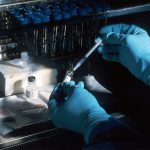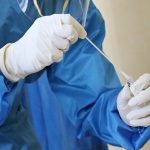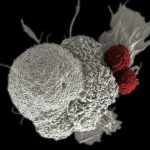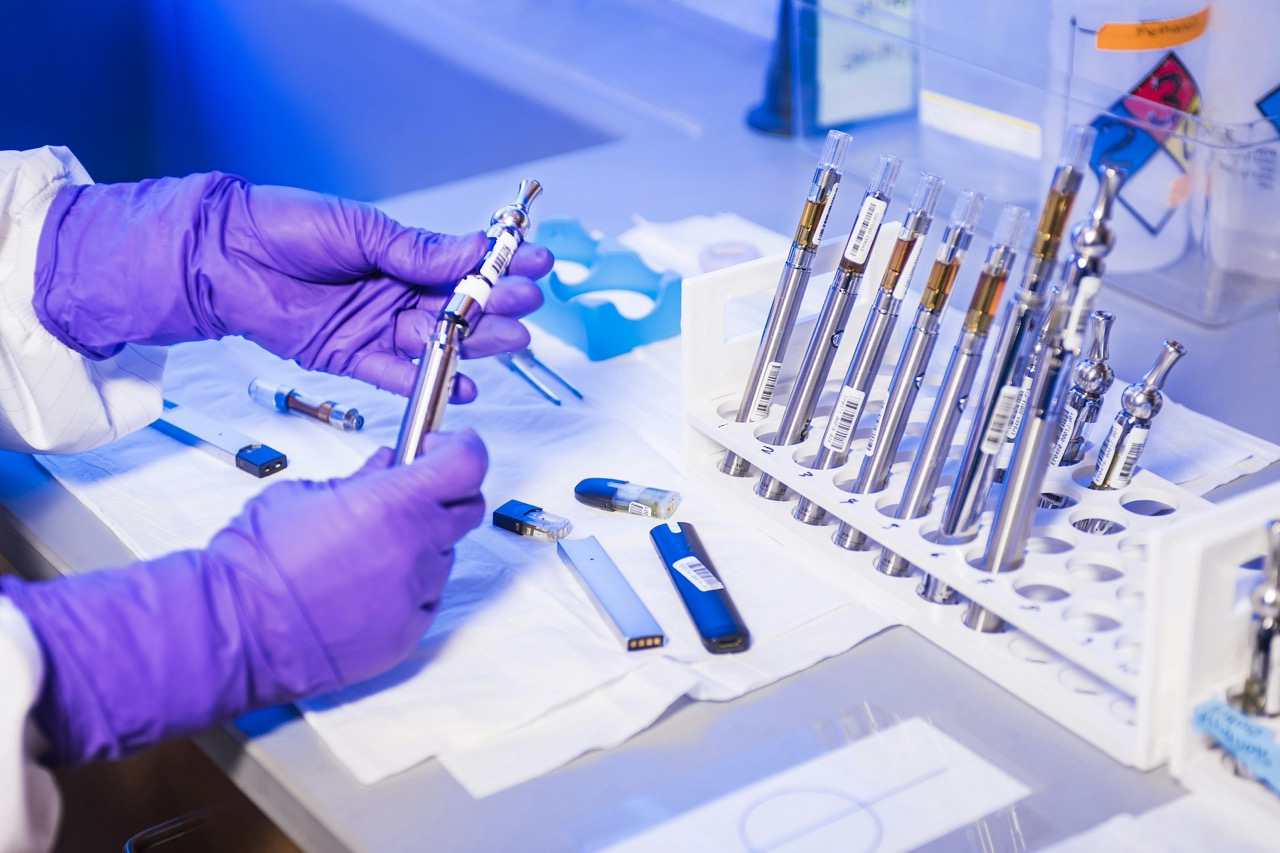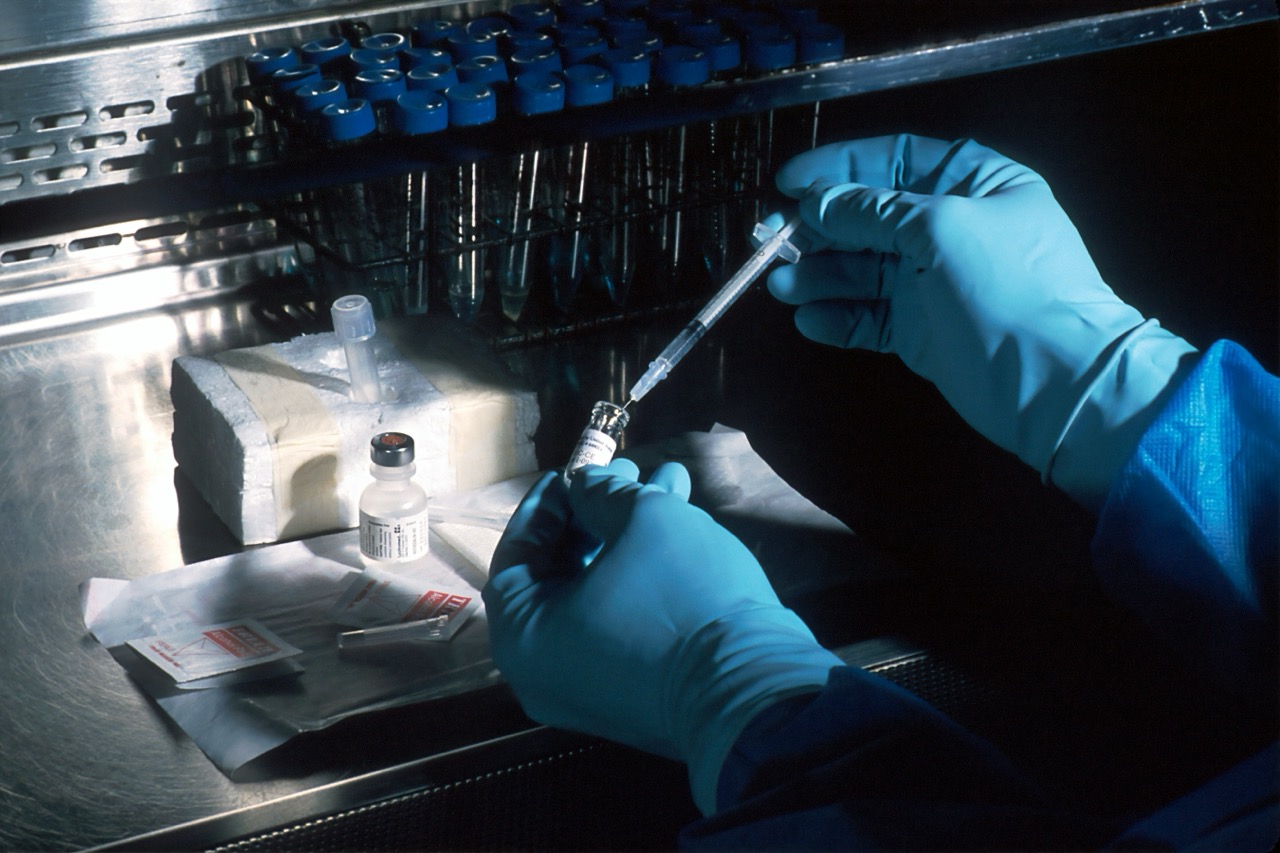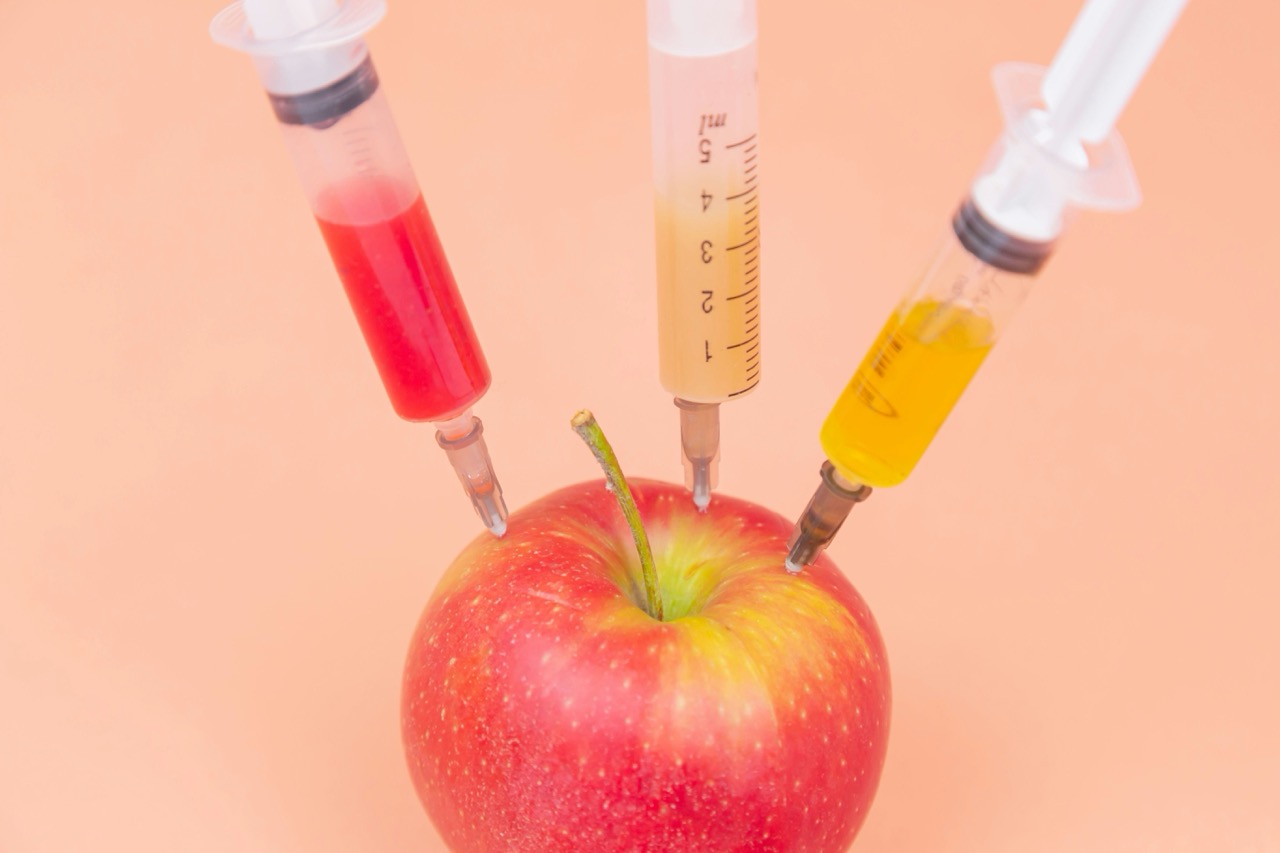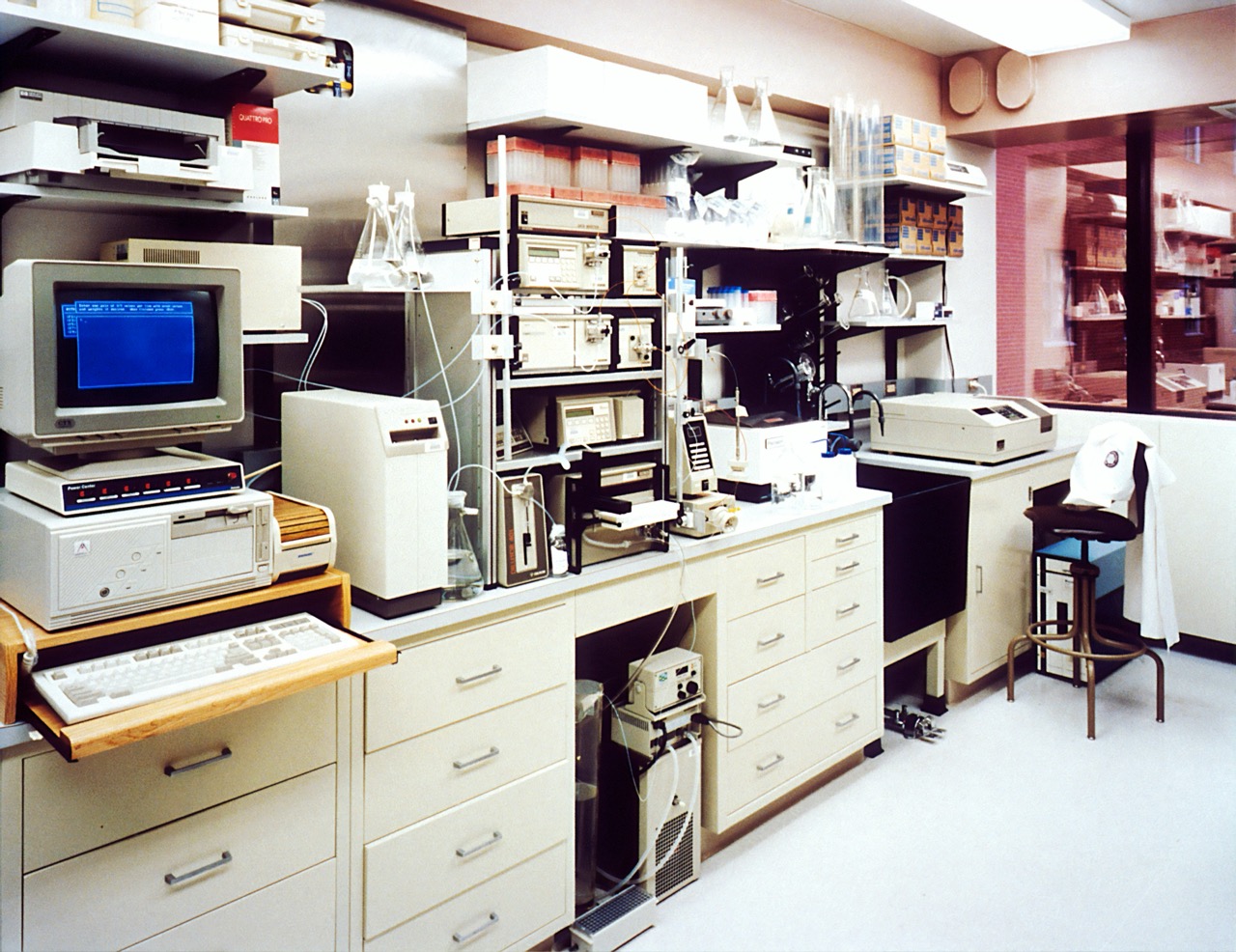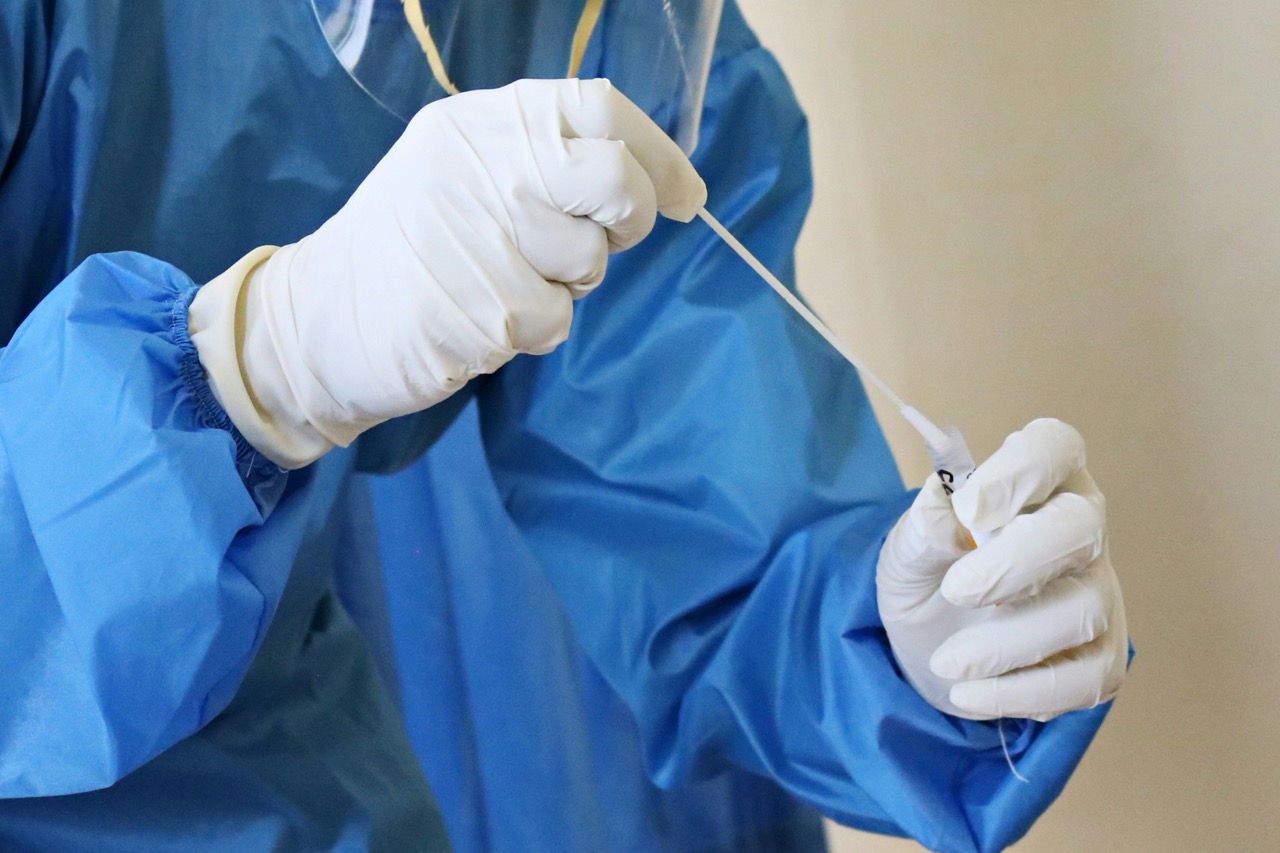The human papillomavirus (HPV) vaccine has emerged as a vital tool in the fight against various types of cancer, particularly cervical cancer, which is primarily caused by the virus. While the vaccine has proven effective in preventing HPV infections, it’s essential for individuals and parents to understand the potential side effects associated with vaccination. This article aims to provide a comprehensive overview of the HPV vaccine, including its purpose, common and rare side effects, and strategies for managing any reactions.
Understanding the HPV Vaccine: Purpose and Benefits
The HPV vaccine is designed to protect against the human papillomavirus, a group of more than 200 related viruses. Among these, some strains are deemed high-risk and are responsible for the majority of cervical cancers, as well as other genital and oropharyngeal cancers. Administered in a series of doses, the vaccine helps the immune system recognize and combat these specific strains, significantly reducing the risk of developing HPV-related cancers.
In addition to its cancer-preventative capabilities, the HPV vaccine contributes to the overall decrease in HPV transmission within communities. When a significant portion of the population is vaccinated, herd immunity is achieved, thereby protecting those who may not be able to receive the vaccine due to medical reasons. This community-wide benefit underscores the importance of vaccination as a public health initiative.
Furthermore, the HPV vaccine is recommended for preteens, teenagers, and young adults, making it a proactive measure in cancer prevention strategies. Research has shown that vaccination before the onset of sexual activity is most effective, as it provides the best opportunity for building immunity against the virus before exposure. With its proven efficacy and safety profile, the HPV vaccine stands as a critical element in modern healthcare practices.
Common Side Effects of the HPV Vaccine: An Overview
Like any vaccine, the HPV vaccine can have side effects, although most are mild and temporary. The most commonly reported side effects include pain, redness, or swelling at the injection site. These reactions typically resolve within a few days and can be managed with over-the-counter pain relievers, such as acetaminophen or ibuprofen.
Other common side effects may include dizziness, headaches, fatigue, and mild fever. These symptoms reflect the body’s natural response as it develops immunity following vaccination. While they can be uncomfortable, they are generally not cause for concern and indicate that the vaccine is eliciting a proper immune response.
It is essential for individuals receiving the HPV vaccine to be aware of these common side effects and to monitor their symptoms. Most people tolerate the vaccine well, with serious adverse effects being exceedingly rare. Nonetheless, being informed can help alleviate anxiety and encourage more individuals to participate in vaccination programs.
Rare Side Effects of the HPV Vaccine: What to Watch For
While the majority of side effects experienced by HPV vaccine recipients are mild, there are rare instances of more significant reactions. These can include severe allergic reactions, known as anaphylaxis, which may occur within minutes to hours after vaccination. Symptoms of anaphylaxis include difficulty breathing, swelling of the face or throat, rapid heartbeat, and dizziness. Individuals who have experienced a severe allergic reaction to any component of the vaccine should consult their healthcare provider before receiving the vaccine.
Another rare side effect is syncope, or fainting, which can occur after the injection, particularly in adolescents. This reaction is typically linked to anxiety or pain related to the vaccination process rather than the vaccine itself. It is advisable for vaccination sites to implement observation protocols to monitor individuals for a short period following their vaccine dose to ensure safety and provide prompt assistance if needed.
Finally, some studies have suggested a potential association between the HPV vaccine and neurological symptoms, such as Guillain-Barré Syndrome (GBS), though these occurrences are extremely rare. Healthcare providers continue to monitor vaccine safety rigorously, and the benefits of vaccination in preventing cancer far outweigh the risks of these rare adverse events.
Managing Side Effects: Tips for HPV Vaccine Recipients
For those who experience mild side effects after receiving the HPV vaccine, several strategies can help alleviate discomfort. Applying a cool compress to the injection site can reduce swelling and soreness, while staying hydrated and resting can assist in recovery. Over-the-counter medications like acetaminophen can also help manage pain or fever, ensuring a more comfortable post-vaccination period.
Creating a supportive environment is crucial for individuals, particularly children and adolescents, who may feel anxious about getting vaccinated. Encouraging relaxation techniques, such as deep breathing or mindfulness, can help ease nerves before and after receiving the vaccine. Additionally, discussing potential side effects with healthcare providers can prepare recipients for what to expect and foster a sense of control over the vaccination experience.
Finally, maintaining open communication with healthcare providers is essential. Individuals should report any unusual or severe symptoms following vaccination and seek medical advice if they have concerns. By doing so, they contribute to ongoing safety evaluations of the vaccine and help ensure that the benefits of vaccination continue to be highlighted in public health discussions.
In summary, the HPV vaccine is a crucial advancement in cancer prevention, offering significant benefits while presenting mostly mild side effects. Understanding both the common and rare side effects is vital for individuals receiving the vaccine, as it equips them to manage any reactions effectively. With proper education and awareness, the HPV vaccine can be embraced as a safe and essential measure in safeguarding health against HPV-related diseases. As more people participate in vaccination efforts, the collective impact on public health will continue to grow, leading to fewer cases of HPV infections and related cancers in the future.
